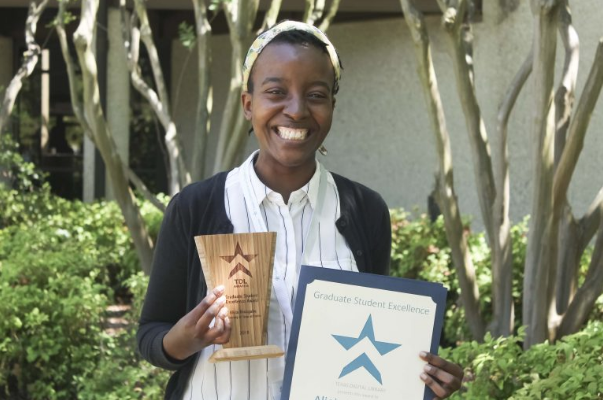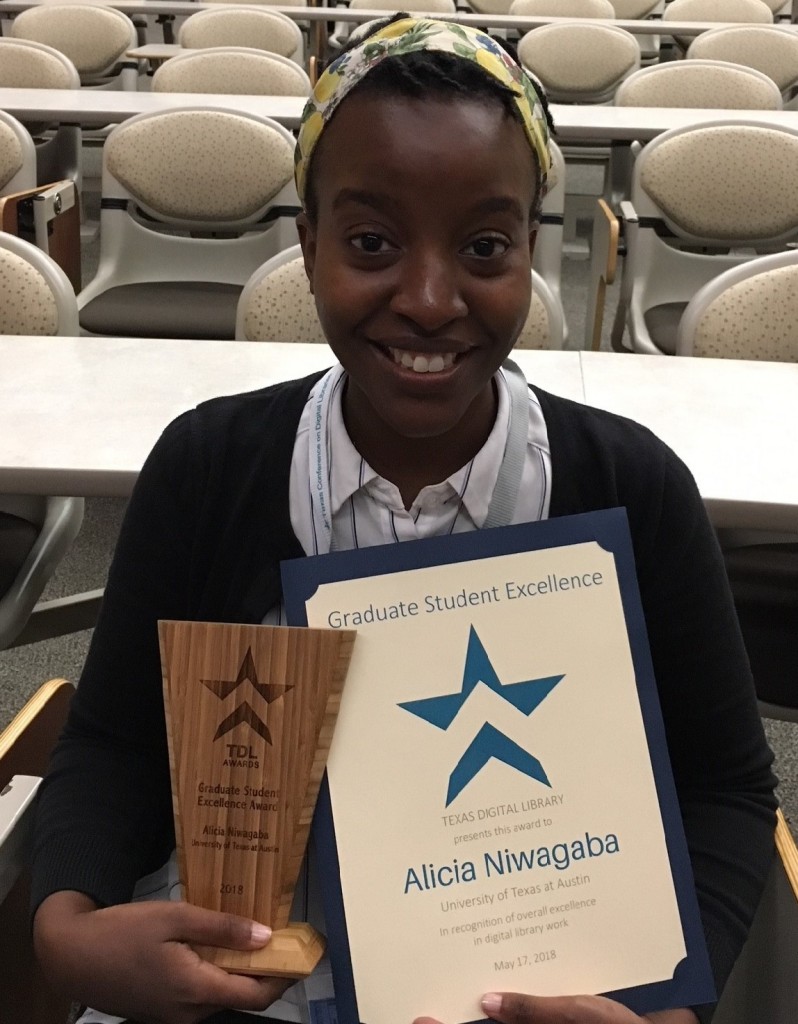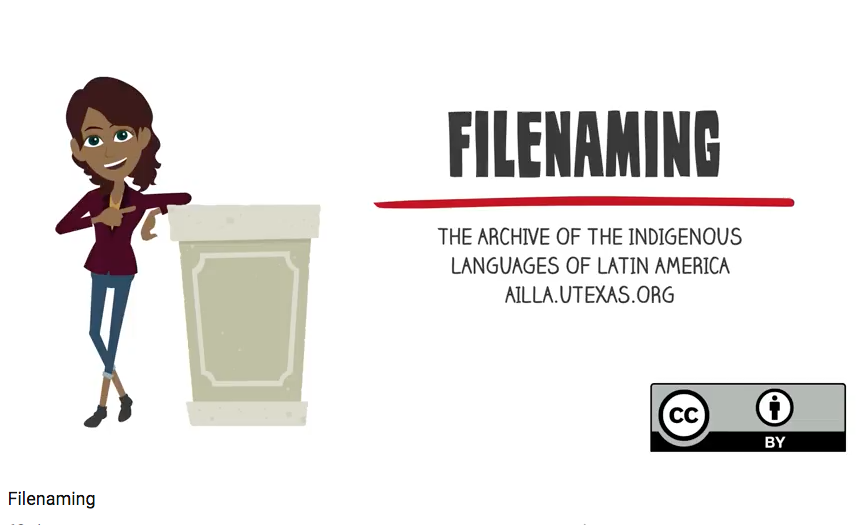Summer on the Forty Acres is in contrast with the rest of the academic calendar in some pretty noticeable ways: herds of parentless campers crisscrossing campus in a clockwork dance; roving bands of noisy Boys State gangs meandering about on a break from their future leadership training opportunity at the Capitol; summer school denizens either rushing to finish out their college careers or putting in the extra work to secure enrollment for the fall semester; facilities workers renewing spaces around campus to extend the life of buildings after another semester of age and wear by an active community; and there’s way less traffic.
We’ve mentioned it before and this year is no different — the summer is when the Libraries work hard through three months of relative calm to push through projects and initiatives that are too disrupting for the long semester, or need to be ready when the full body returns to campus.
A robust semester of discussion about the Fine Arts Library generated approval in late spring for a renovation project to improve the fifth floor of the library to support the needs of students, faculty and researchers in the College of Fine Arts. The project is in its early stages, but will result in, among other things, enhanced and expanded shelving, improved technology support and updated furnishings and carpet. The refresh should be completed by the beginning of the fall semester. Keep up with the changes throughout the project at the Future of the Fine Arts Library page on our website.
Moving from the newest of the library locations to one of the most historic, we received some exciting news about the Life Science Library, too. The Hall of Texas — the west side twin to the east side Hall of Noble Words reading room — has been returned to the care of the Libraries, and work has begun to return it to its former glory. Empty shelves that were partitioned off to provide a home for the Herbarium will soon be repopulated, and the room will provide a companion reflective space for student study and community in one of UT’s most iconic buildings.
The habitants of PCL’s fifth floor will be happy to return in the fall to a development of the Collaborative Commons that exists on the north end of that level. A pilot refresh occurred several years ago to upgrade the aging furniture carpets and technology support, and additional improvements will expand the enhancement of the study and collaborative space into a section on the opposite side of the area.
More information on these projects to come throughout the summer.







